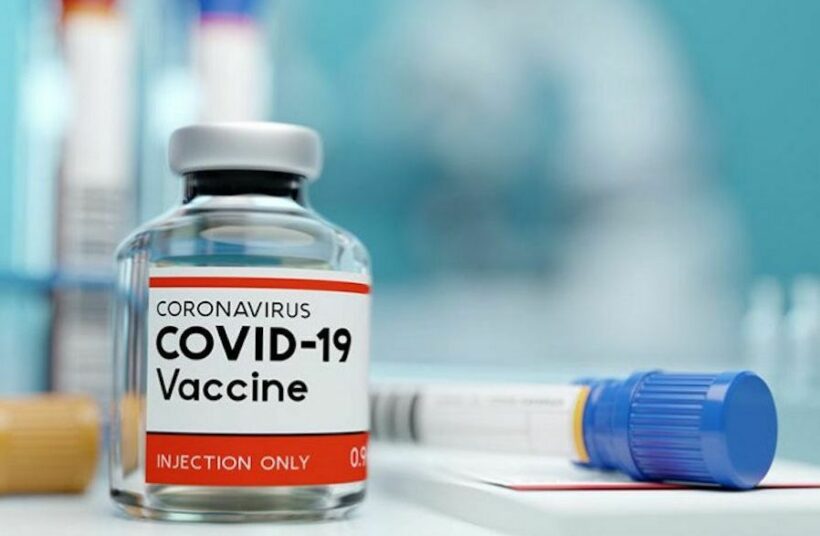Human trials of Indonesian Covid-19 vaccine get underway

Indonesia has kicked off human trials of its homegrown Covid-19 vaccine as infections continue to surge across the country. Indonesia’s drug regulator has given the go-ahead for human trials of the Merah Putih (Red White) vaccine, so-named after the Indonesian flag. The trials are being conducted by research teams from Airlangga University and Biotis Pharmaceutical Indonesia.
Progress on the homegrown vaccine has been beset by delays since it first began in 2020. However, according to an AFP report, Indonesian authorities now hope the vaccine will be ready by the middle of this year, subject to successful human trials. The country’s health minister, Budi Gunadi Sadikin, says the vaccine could be used as a booster, administered to young children between the ages of 3 and 6, as well as being donated to other countries.
“I have discussed this matter with the president and he has agreed to use this vaccine as a donation to countries in need.”
According to the AFP report, phase 1 and 2 trials will involve 40 and 405 participants respectively. And in a bid to gain the trust of Indonesia’s Muslim majority, Mohammad Nasih, dean of Airlangga University, points to the vaccine’s halal certification.
“We hope with this halal certification, the public confidence to use this vaccine will be higher.”
To date, 13 Covid-19 vaccines have been approved for use in Indonesia, but the country has primarily used the Chinese-made Sinovac and has struggled to get enough doses to inoculate its population of over 270 million. The rollout has been sluggish, with fewer than half the population having received 2 doses and only 5 million having received a booster. The government has continued to emphasise the importance of developing and producing homegrown vaccines.
Indonesia has reported over 4.5 million Covid-19 infections and nearly 145,000 deaths since the start of the pandemic. It was hit particularly hard by the Delta variant in July 2021, then experienced some respite and a drop in cases, until the arrival of the Omicron variant caused infections to surge back up to around 30,000 a day.
SOURCE: AFP
Latest Thailand News
Follow The Thaiger on Google News:


























